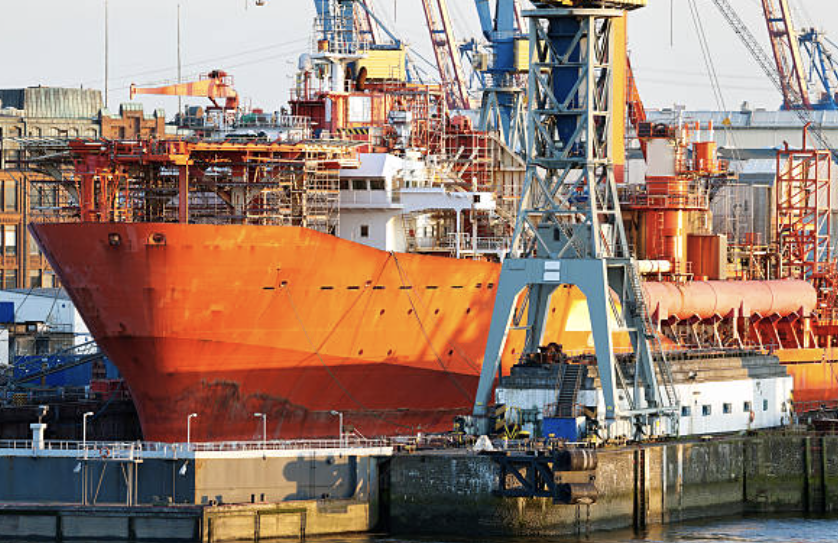
Posted on Friday, June 7, 2024
Shipbuilding and marine applications require precision, durability, and efficiency in their processes. Metal fabrication machines play a vital role in crafting ship hulls, structural components, and various marine systems.
What Machines Are Best for Cutting Marine-Grade Steel?
Marine-grade steel is a tough material, designed to resist corrosion and withstand the harsh marine environment. Precision and efficiency are essential when cutting this steel. Some of the best machines for this purpose include:
Marine-grade steel is a type of steel designed to resist corrosion in saltwater environments, commonly used in shipbuilding and offshore structures.
Welding machines are crucial in the shipbuilding process, as they join the various components of a ship. To make the right choice, consider these factors:
The most common types include MIG, TIG, and Submerged Arc Welding, each chosen for specific applications based on the strength and precision required.
Corrosion can significantly reduce the lifespan and efficiency of metal fabrication machines, especially in marine environments. To prevent this, follow these steps:
Key features include:
Using cranes or forklifts with marine-grade lifting tools ensures safe and efficient transportation. Additionally, ensure the machines are well-secured during transit to prevent damage.
Metal fabrication machines are indispensable for shipbuilding and marine applications, offering precision and durability in challenging environments. By choosing the right machines, maintaining them properly, and understanding their operation, you can ensure long-term efficiency and quality in your marine projects.
Do you have other questions about marine applications for metal fabrication machines? Let us know in the comments!

Used Purlin Roll Forming Machines for Sale Worldwide
Posted on Sunday, January 25, 2026
Pre-Owned Roll Forming Machines for Purlin & Structural Steel Profiles

Used Roof Panel Roll Forming Machines for Sale Worldwide
Posted on Sunday, January 25, 2026
Pre-Owned Roll Forming Machines for Roofing Panel Production

Used Roll Forming Machines for Sale Worldwide
Posted on Tuesday, January 20, 2026
Pre-Owned Roll Forming Machines with Inspection, Verification & Global Support

Steel Coil Supply for Roll Forming Machines Worldwide
Posted on Tuesday, January 20, 2026
Reliable Steel Coil Supply for Roll Forming, Fabrication & Manufacturing Applications
Copyright 2026 © Machine Matcher.